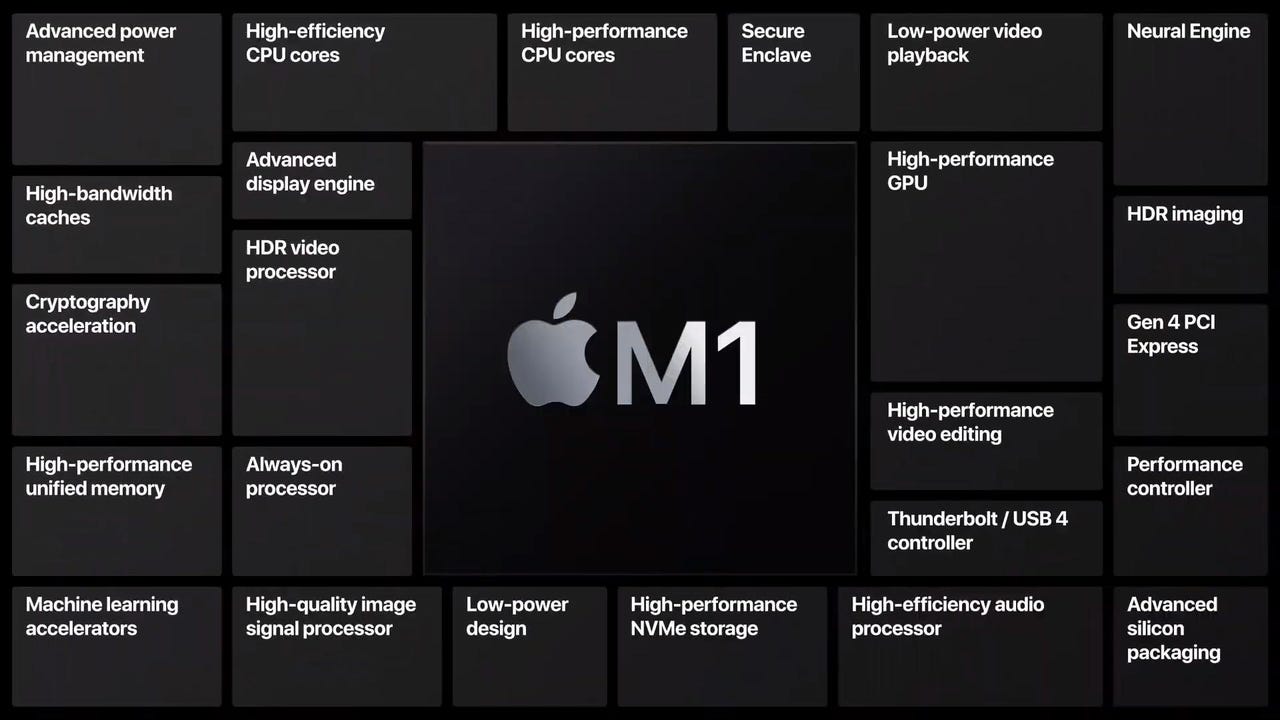At this stage it is impossible to buy hardware that doesn’t have some serious security flaws.
The only question is how hard is it to protect against exploit.
The vast majority require physical access a few even require a rooted system with physical access.
While many of the early patches result in performance degradation on specific tasks, as the software updates catch up that smooths out.
And often the patches themselves are honestly unnecessary in a practical sense. I mean if somebody is in my server room unsupervised with malicious intent and has both the time and means to exploit one of those weaknesses I’ve had so much go wrong that patching the server is the least of my problems.
Implementing proper access controls on network traffic is a far better means of protection more than not.
Followed by some common sense processes and internal privacy policies.
The only question is how hard is it to protect against exploit.
The vast majority require physical access a few even require a rooted system with physical access.
While many of the early patches result in performance degradation on specific tasks, as the software updates catch up that smooths out.
And often the patches themselves are honestly unnecessary in a practical sense. I mean if somebody is in my server room unsupervised with malicious intent and has both the time and means to exploit one of those weaknesses I’ve had so much go wrong that patching the server is the least of my problems.
Implementing proper access controls on network traffic is a far better means of protection more than not.
Followed by some common sense processes and internal privacy policies.
Last edited:
![[H]ard|Forum](/styles/hardforum/xenforo/logo_dark.png)
